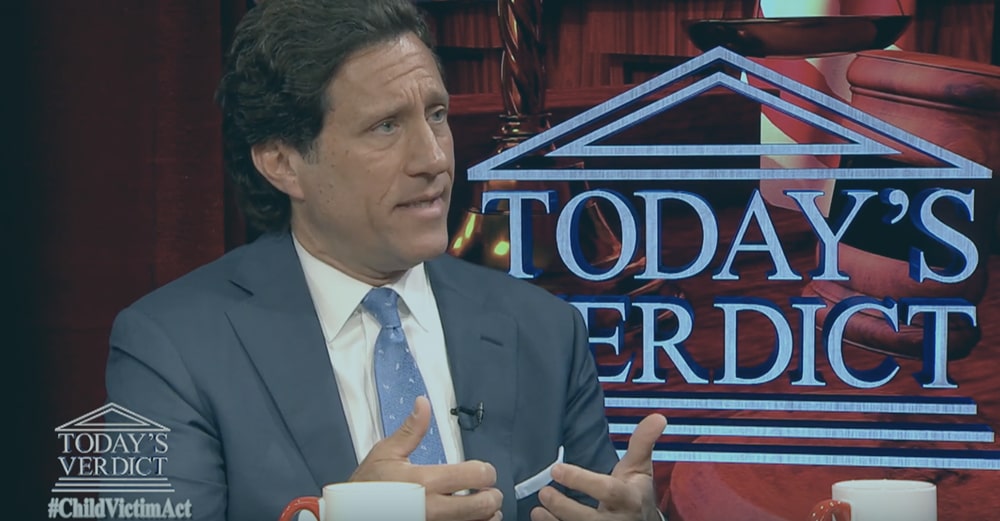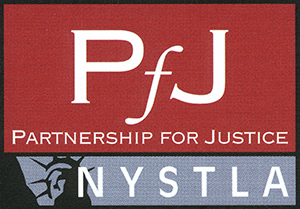5 Myths About Wills, Trusts, and Probate
Posted on September 28th, 2017 by Oddo & Babat, P.C.
The majority of people don’t know a lot about wills. Drafting wills can be quite complex and should be left to experienced estate planning attorneys. However, it’s still a good idea to learn some more information about estate planning. Here are five things you may have thought were true but are actually myths.
- The State Gets Everything
Many people seem to think the state will get all a person’s assets if that person does not have a will. The truth is the court will determine which person gets what assets.
In fact, the only time the state will get all of your assets is if you do not have a will and your blood relatives can’t be found.
- Spouses Do not Have to Leave Anything to Each Other
Unlike popular belief, spouses are not required to leave all of their assets to each other. If there are children, a lot of couples to choose to leave everything to them. However, the surviving spouse can take the “elective share” entitled by state law. This is typically one-third of the estate. Surviving spouses can also receive up to one year of support or stay in the family home.
- Only the Rich Need to Worry About Estate Planning
Estate planning is not just for the super wealthy anymore. People with a wide range of incomes can benefit from planning their estate. If you have an estate plan, you can decide who will make financial and medical decisions if you become incapacitated. You can also name the person you want to take care of your minor children if you die.
- Estates Remain in Probate for Years
The probate process does not take nearly as long as many people think. Most of the time, it takes anywhere from three months to a year. This is to give creditors enough time to file claims against the decedent’s assets. After all the debts and taxes are paid, the rest of the estate is administered to the heirs.
However, an estate can stay in probate longer if there is a family conflict, the estate is very large or there is ongoing income.
- Trusts Eliminate Estate and Inheritance Taxes
Not all taxes can be eliminated with a trust. However, a skilled probate attorney such as the Estate Planning Attorney locals have been trusting for years may be able to create a trust that reduces a large amount of estate taxes.


 I consulted with David the first time a couple of years ago on a serious matter that affected a very close member of my family. Not expecting a good experience from this serious situation coupled with an attorney consultation, the entire thing surprised me as it was pleasant, professional, and completely successful. We found him clear, direct, generous and extremely knowledgeable throughout the process. I give my very strongest recommendation
I consulted with David the first time a couple of years ago on a serious matter that affected a very close member of my family. Not expecting a good experience from this serious situation coupled with an attorney consultation, the entire thing surprised me as it was pleasant, professional, and completely successful. We found him clear, direct, generous and extremely knowledgeable throughout the process. I give my very strongest recommendation








